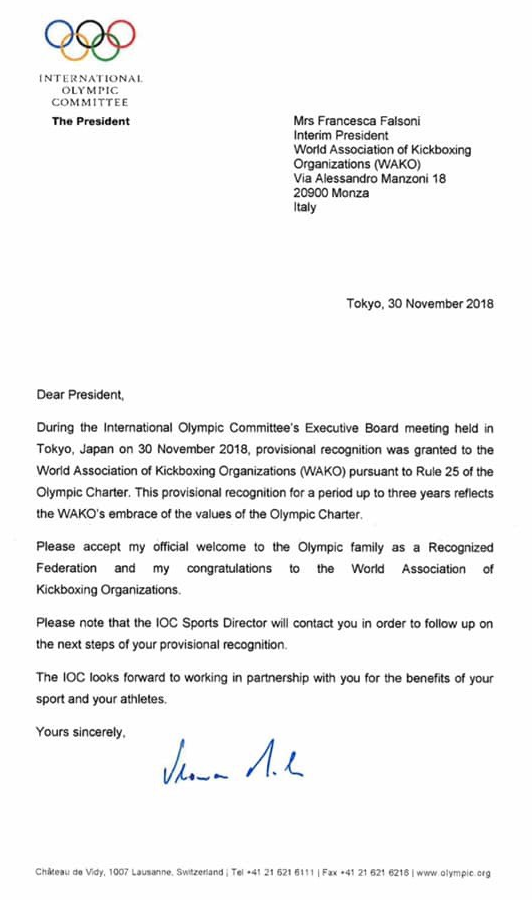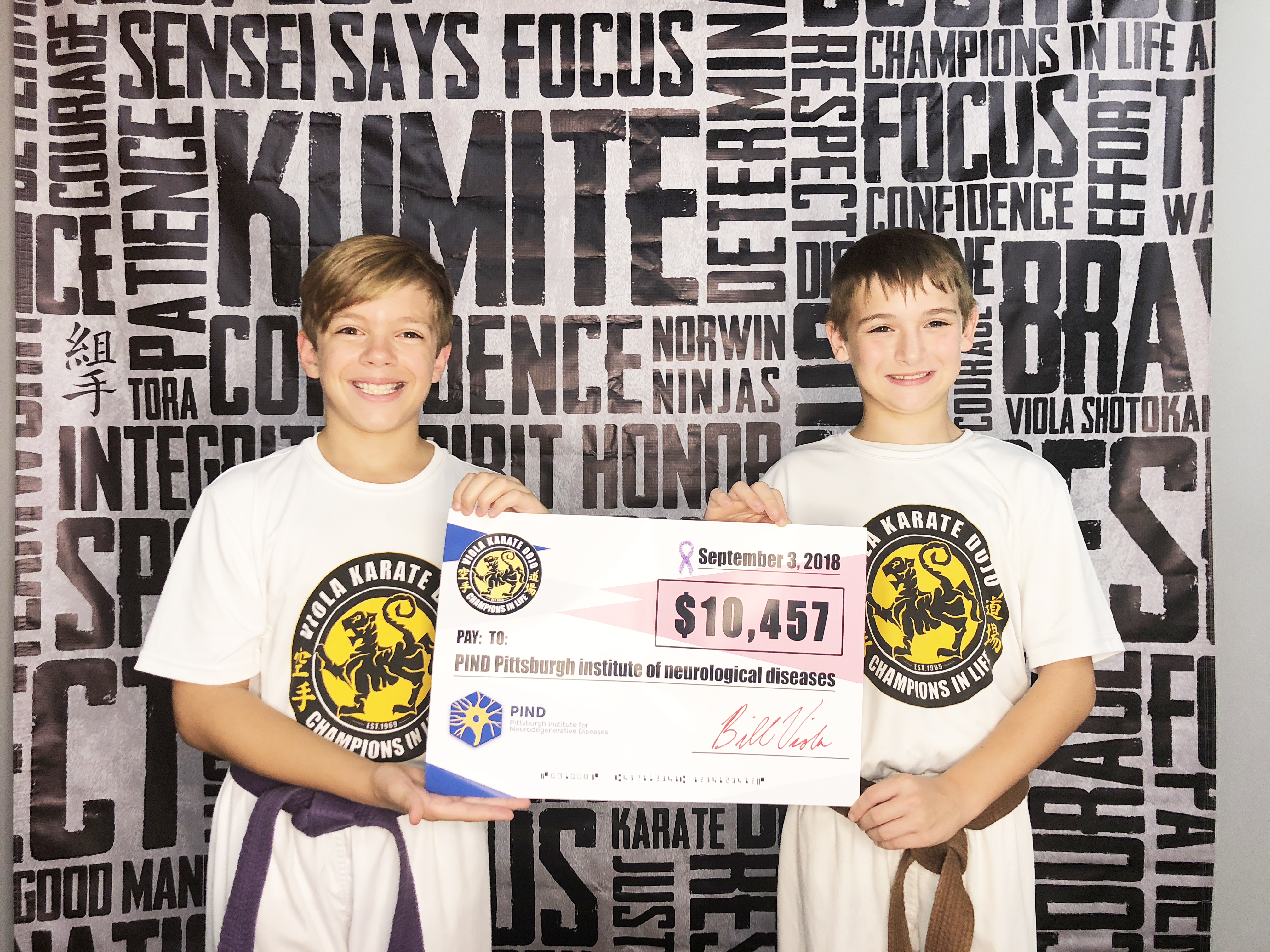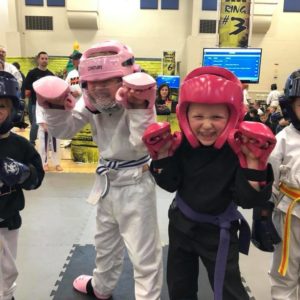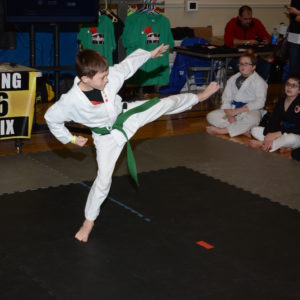
The “Black Belt in Life” book, authored by Bill Viola Jr., serves as a compelling guide for teenagers navigating the tumultuous journey of adolescence. Here’s how it stands to benefit them:
- Cultivating Discipline and Perseverance: At its core, the book instills martial arts disciplines into daily life, emphasizing perseverance, focus, and self-control. These virtues are invaluable for teenagers, helping them tackle academic pressures, social challenges, and personal goals with a steadfast spirit.
- Empowerment Through Self-Improvement: Viola Jr. proposes a practical, daily commitment to self-improvement — just 864 seconds a day. This approach demystifies personal growth, making it an attainable goal for teenagers who often face distractions and pressures from all directions. It teaches them that small, consistent efforts can lead to significant transformations.
- A Framework for Balance: The teachings in “Black Belt in Life” extend beyond physical training to encompass mental and emotional well-being, urging readers to find harmony in their desires, responsibilities, and relationships. For teenagers, mastering this balance is crucial for healthy development and can mitigate the stress and anxiety that often accompany their formative years.
- Tools for Self-Reflection: The book encourages introspection and self-awareness, guiding teenagers to reflect on their strengths, weaknesses, and the values that guide their decisions. Such introspection can foster a sense of identity and self-confidence, crucial elements for personal development during the teenage years.
- Practical Life Skills: Beyond martial arts philosophy, the book offers pragmatic advice for real-world challenges. Teenagers can learn to navigate the complexities of modern life, from managing time effectively to dealing with peer pressure and setting achievable goals.
- Engagement and Accessibility: Tailored to resonate with younger readers, “Black Belt in Life” delivers its wisdom in a manner that’s both engaging and relatable. This accessibility ensures that its lessons are not just understood but also embraced and applied by teenagers.
- Laying a Foundation for Lifelong Success: The principles espoused in the book are not just for the present; they lay the groundwork for continuous improvement and success throughout life. Teenagers who absorb and practice these lessons can look forward to a future marked by personal achievement and fulfillment.

In sum, “Black Belt in Life” offers teenagers a robust toolkit for personal development, blending martial arts philosophies with practical life lessons. It’s a guide that promises to shepherd them through the challenges of adolescence and beyond, fostering individuals who are not only strong in body but also in mind and spirit.
Bill Viola Jr.’s teachings offers a unique perspective on guidance and mentorship, especially valuable for teenagers in several ways:
- Practical Wisdom: The “Common Sensei” approach is grounded in practical wisdom that applies martial arts philosophy to everyday life. For teenagers, this translates into actionable advice that can help navigate the complexities of growing up. The emphasis on “common sense” principles makes the teachings accessible and applicable, encouraging teens to make wise decisions based on a blend of intuition and logical reasoning.
- Emphasis on Self-Discipline: A key tenet of the “Common Sensei” philosophy is self-discipline, a crucial skill for teenagers as they learn to manage their time, responsibilities, and impulses. By instilling the importance of discipline in personal and academic pursuits, the teachings help teens develop a strong foundation for success and self-reliance.
- Resilience and Adaptability: The teachings stress the importance of resilience and adaptability, qualities that are invaluable during the teenage years—a period often marked by change and uncertainty. Learning to face challenges with a positive attitude and the ability to adapt to new situations can empower teens to overcome obstacles and thrive in diverse environments.
- Moral Guidance: The “Common Sensei” philosophy provides a moral compass, guiding teenagers towards ethical behavior and integrity. By emphasizing the importance of doing what is right, not just what is easy or popular, the teachings foster a sense of responsibility and ethical maturity.
- Empowerment Through Knowledge: The approach champions empowerment through knowledge and learning. Teenagers are encouraged to seek out information, ask questions, and never stop learning. This mindset promotes intellectual curiosity and a love of learning, qualities that can enhance their academic and personal lives.
- Mindfulness and Presence: Incorporating principles of mindfulness, the “Common Sensei” teachings encourage teens to live in the present moment and be mindful of their thoughts, actions, and the impact they have on others. This awareness can lead to greater emotional intelligence and healthier relationships.
- Building Self-Confidence: By mastering the principles taught by the “Common Sensei,” teenagers can build self-confidence and self-esteem. Achieving goals, whether they are personal, academic, or physical, contributes to a sense of accomplishment and self-worth.
- Navigating Social Dynamics: The teachings offer insights into navigating social dynamics, emphasizing respect, empathy, and effective communication. Teenagers learn the importance of understanding different perspectives and developing strong interpersonal skills, which are essential for forming healthy relationships and succeeding in team environments.
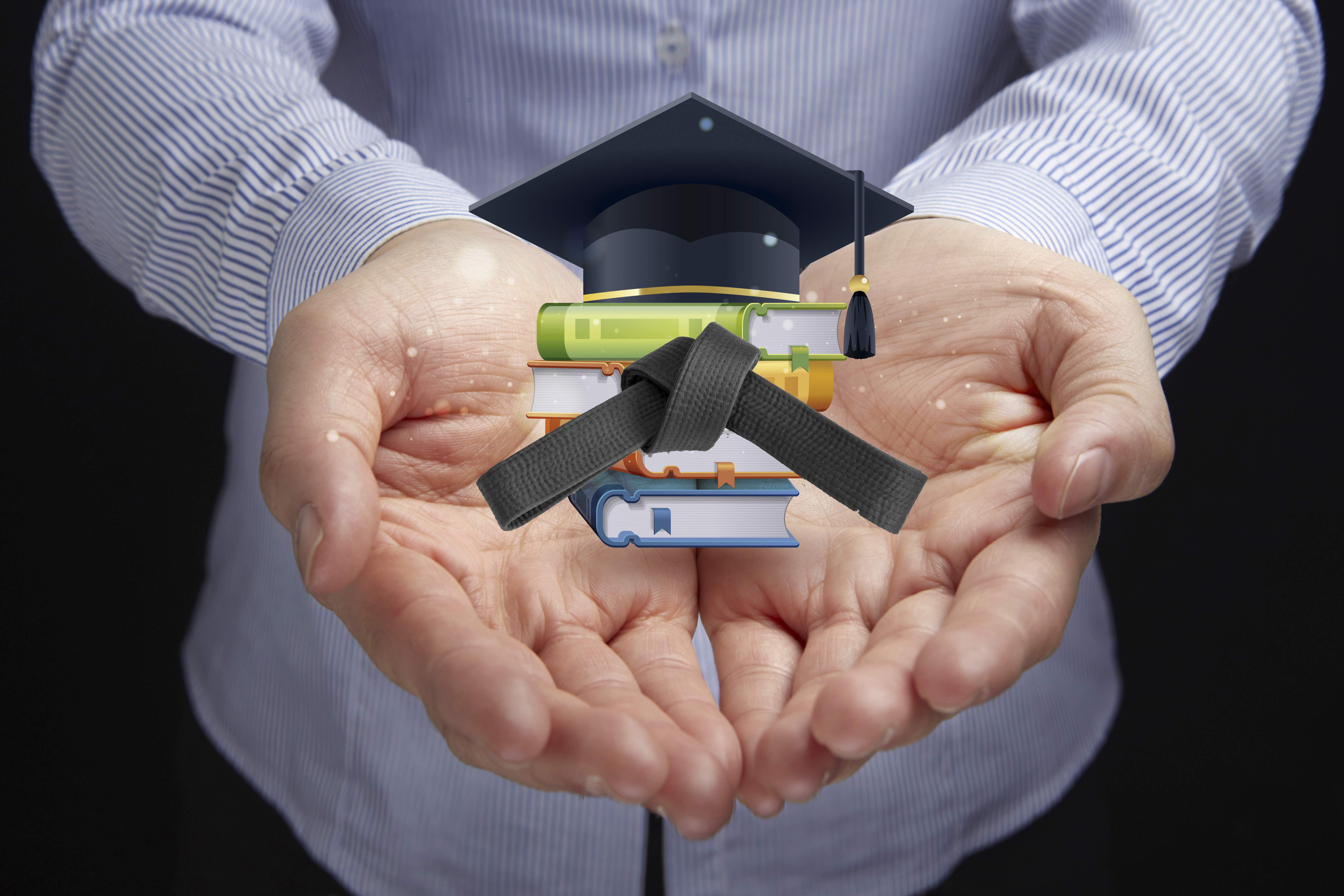
In essence, the “Common Sensei” approach is not just about imparting knowledge; it’s about shaping character, enhancing life skills, and preparing teenagers for the challenges and opportunities of life. It offers a holistic framework for personal development, rooted in the timeless principles of martial arts, yet fully attuned to the needs and realities of modern adolescence.



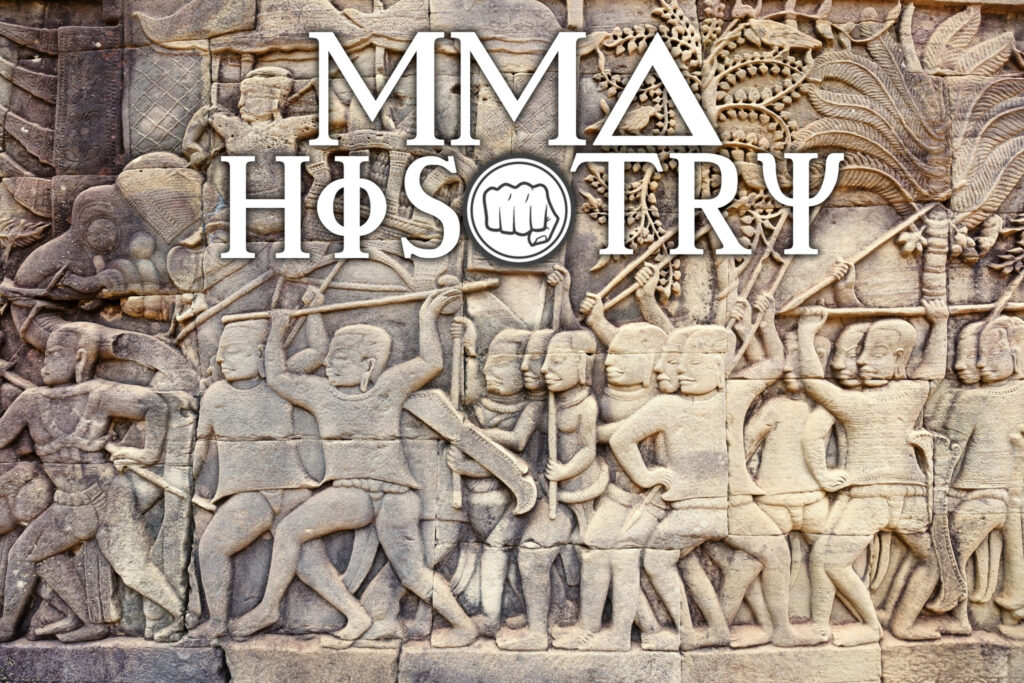





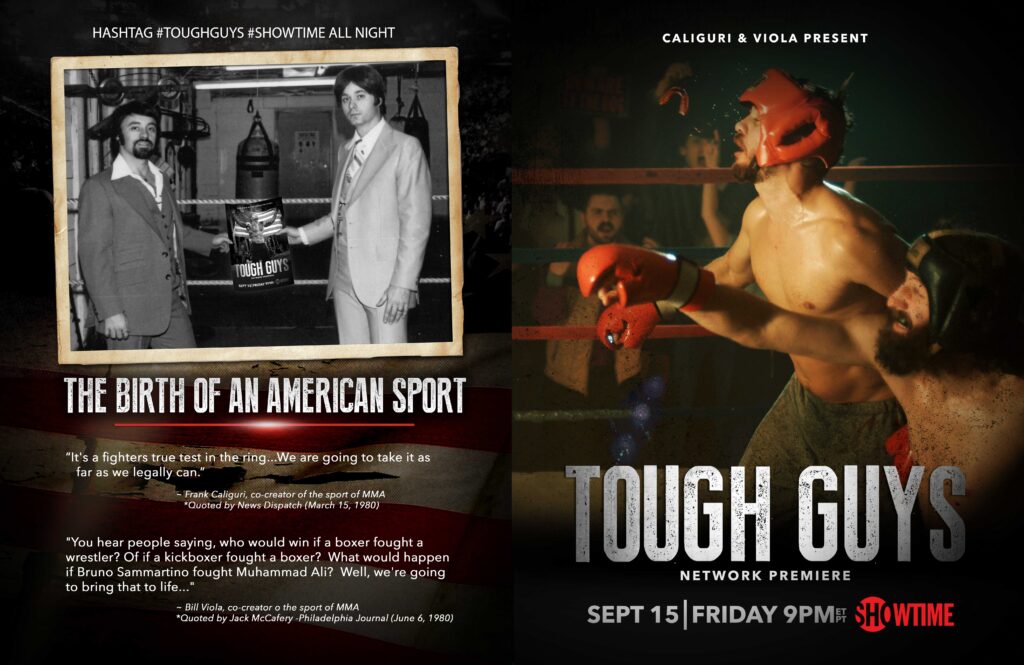

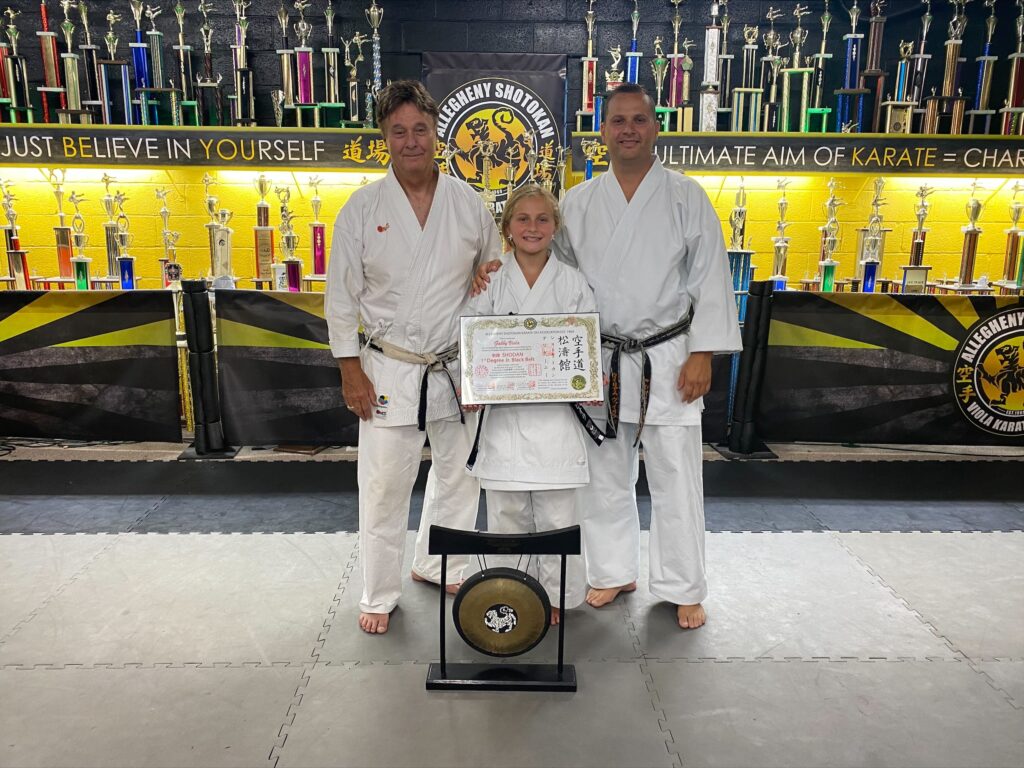
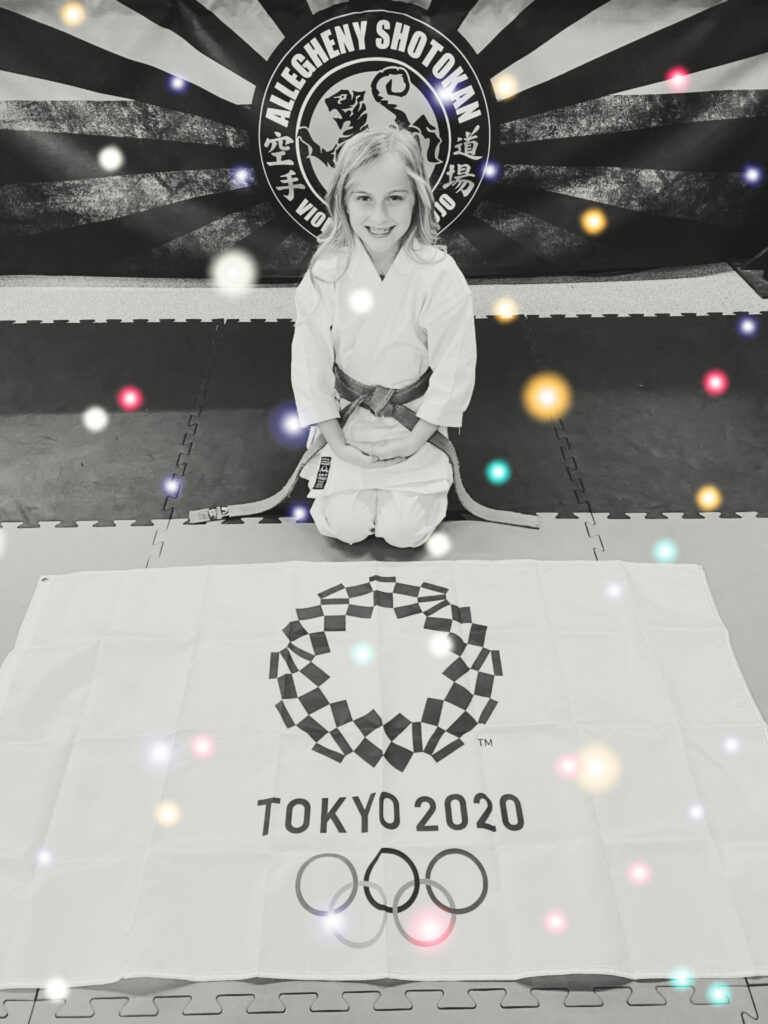
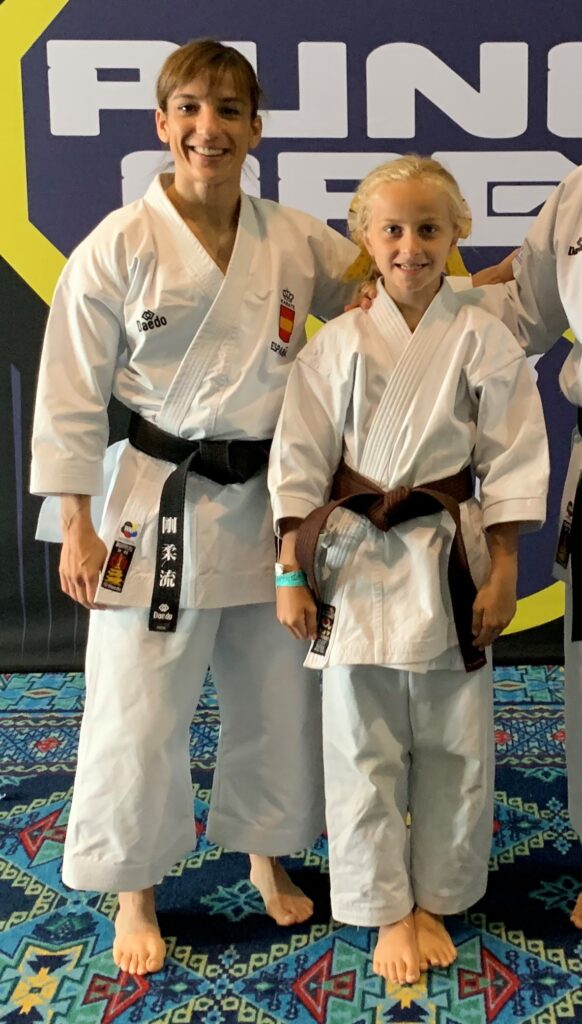
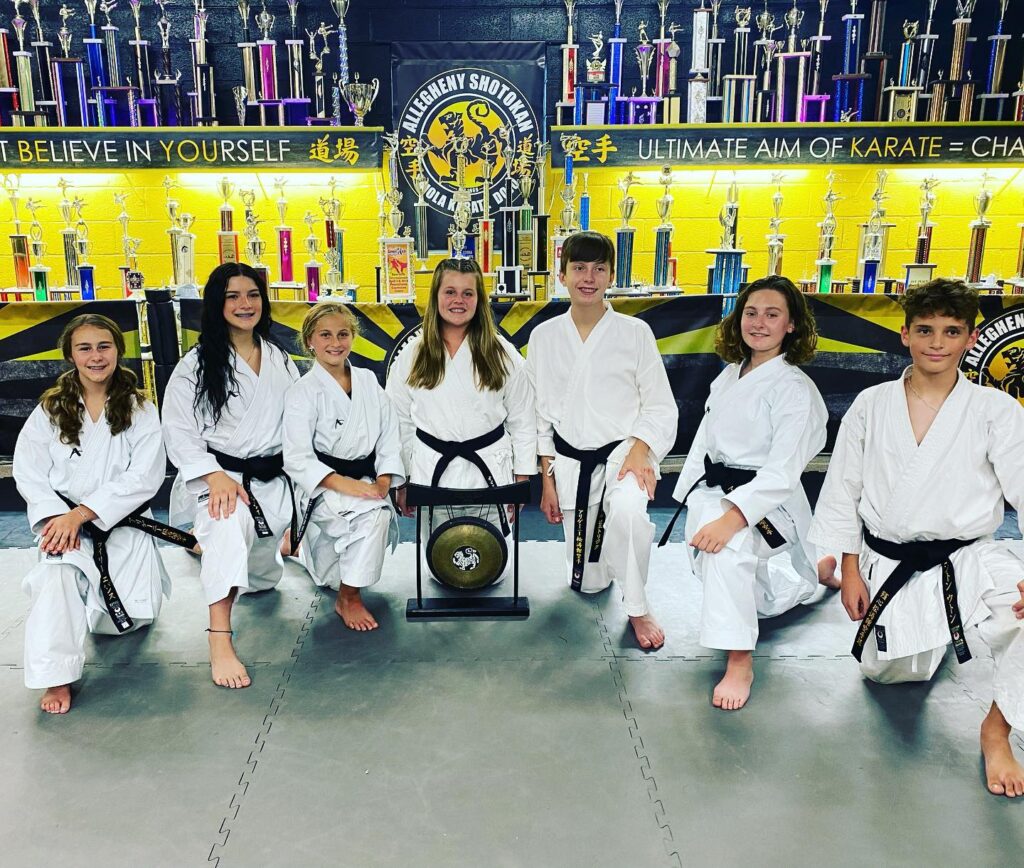
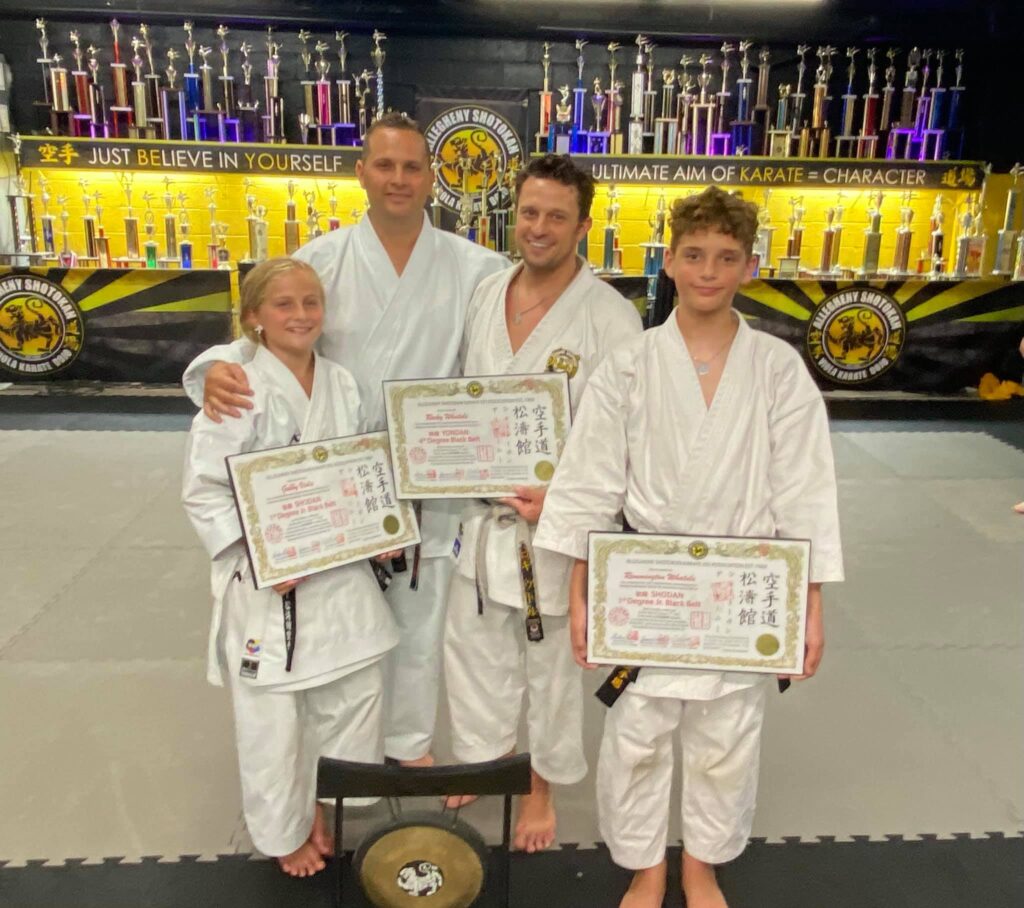
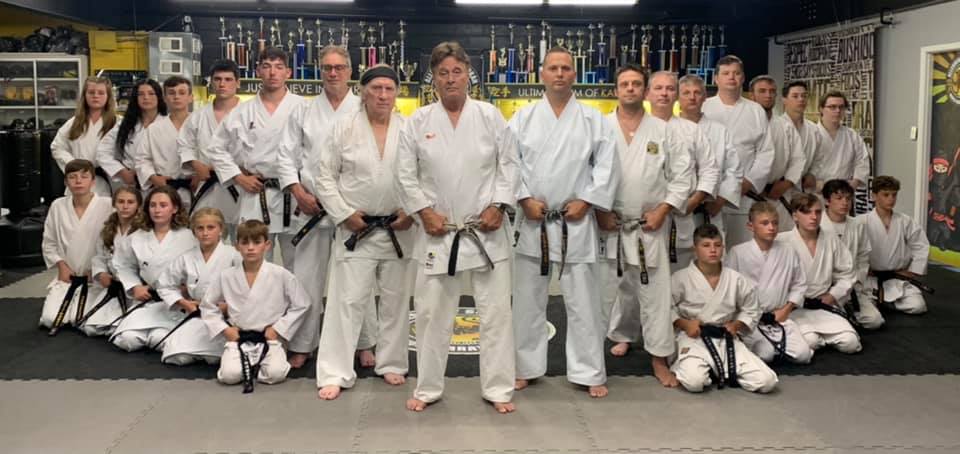

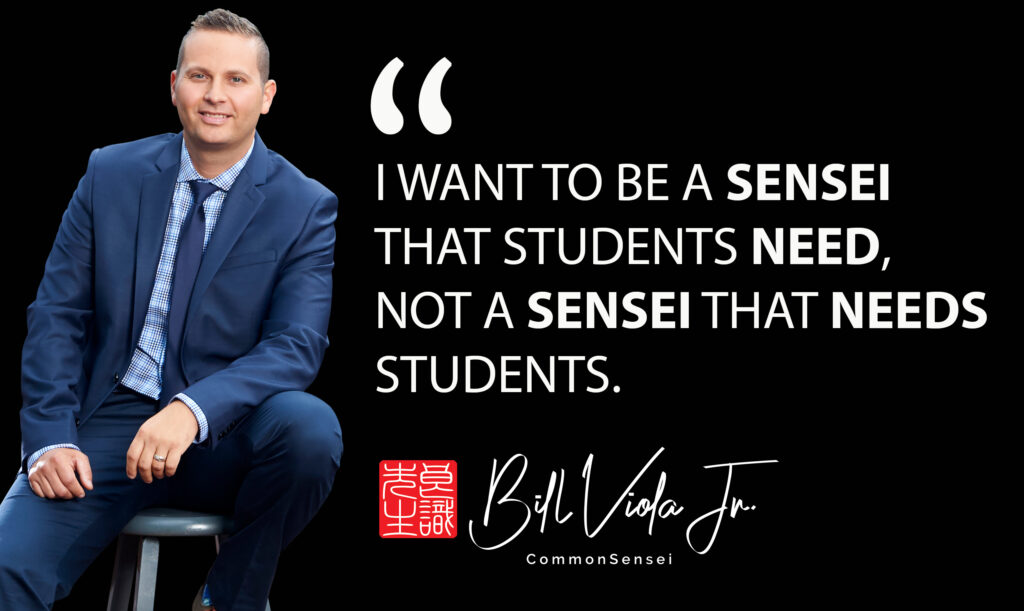

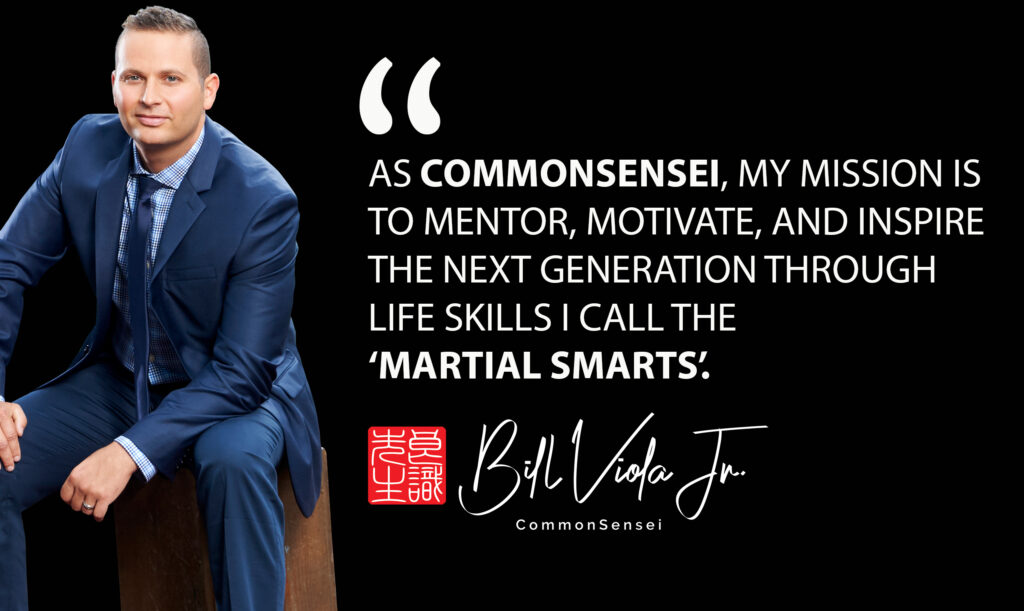
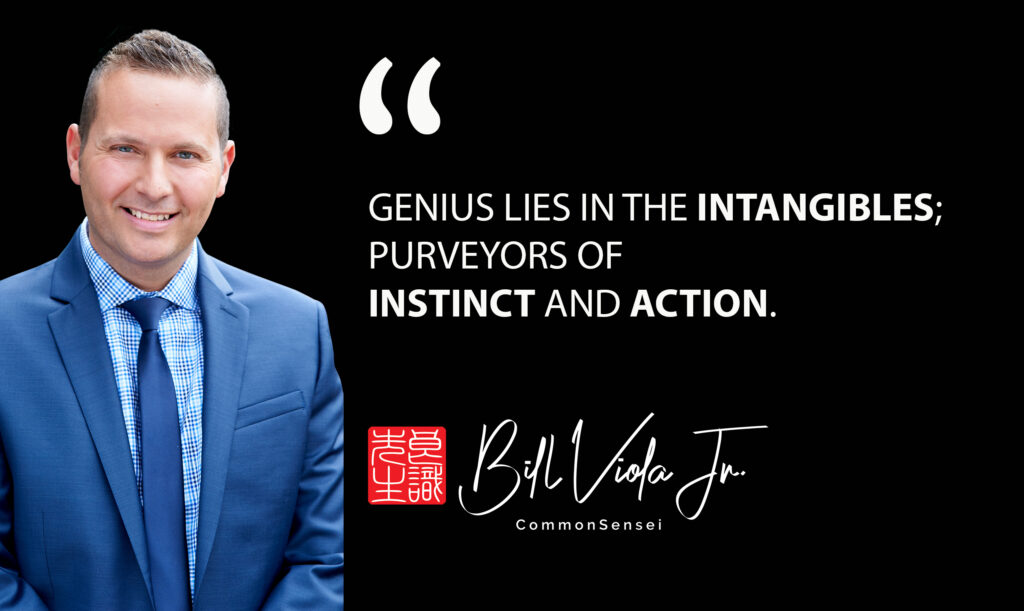
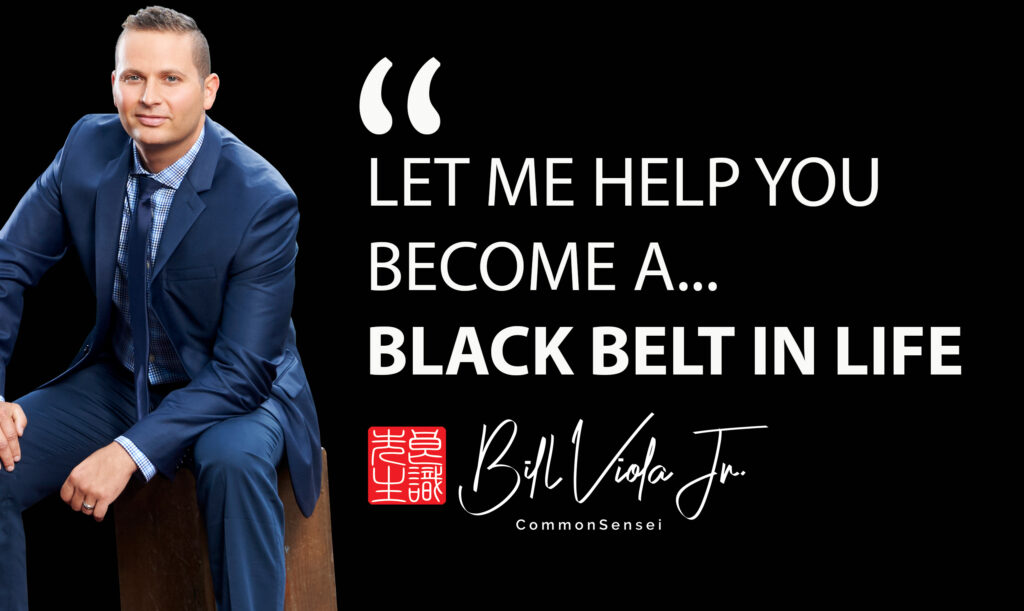


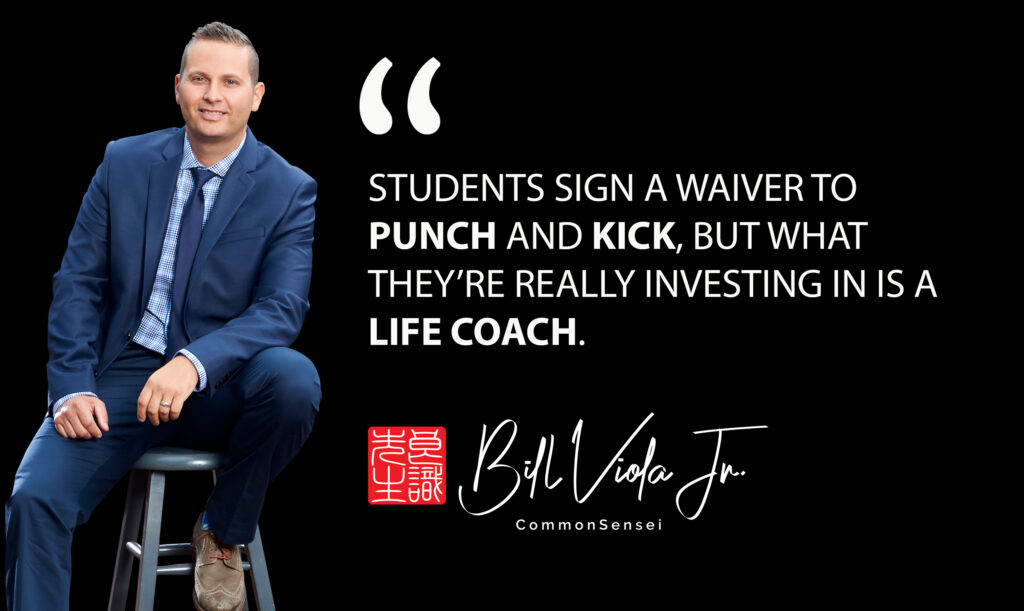







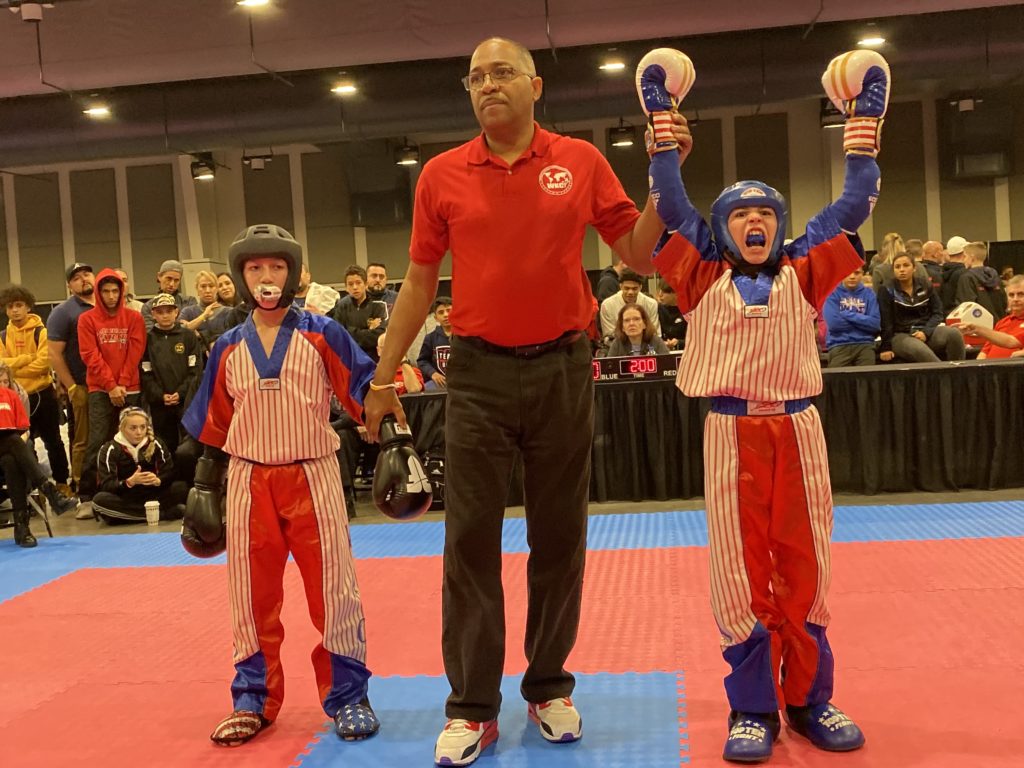
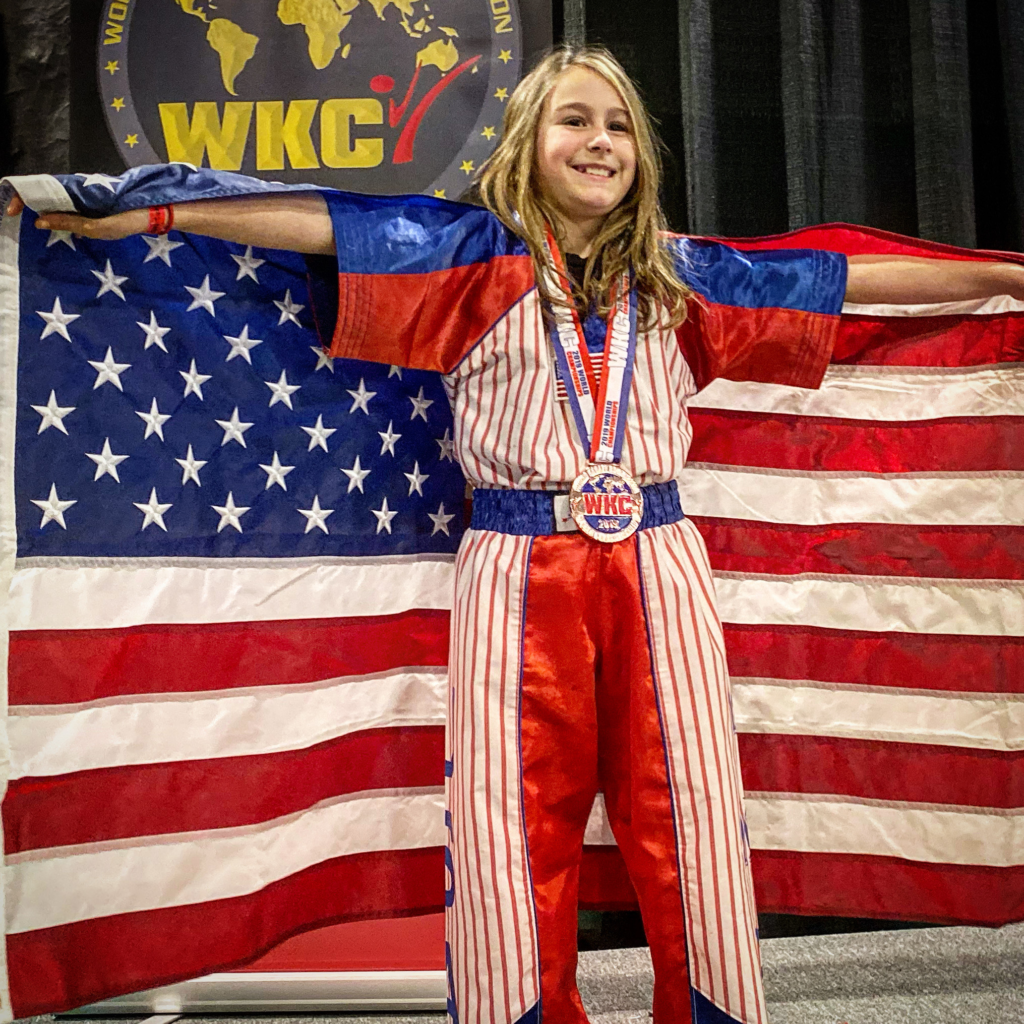


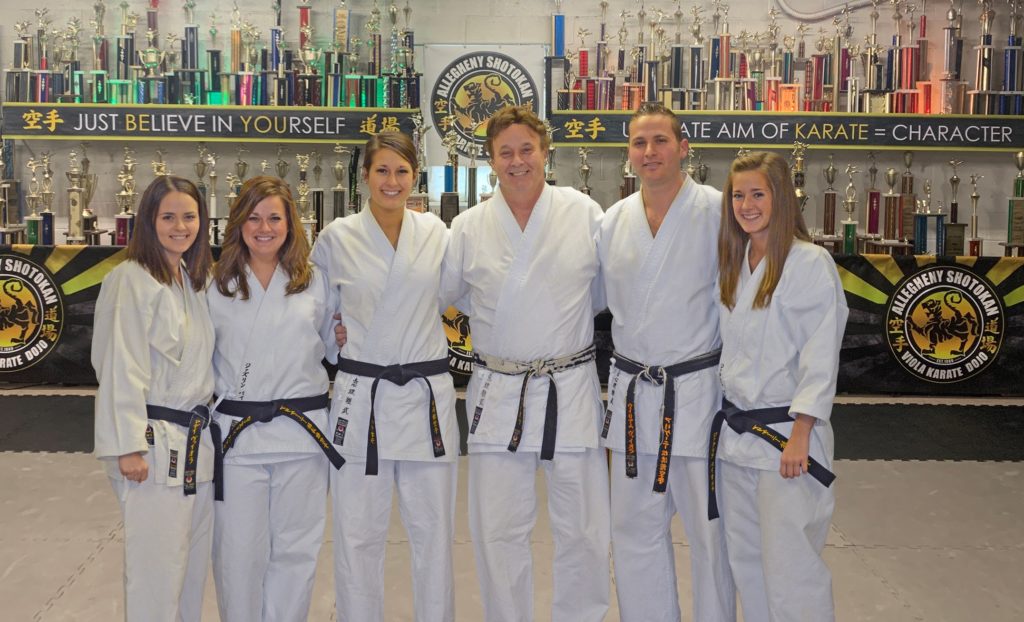

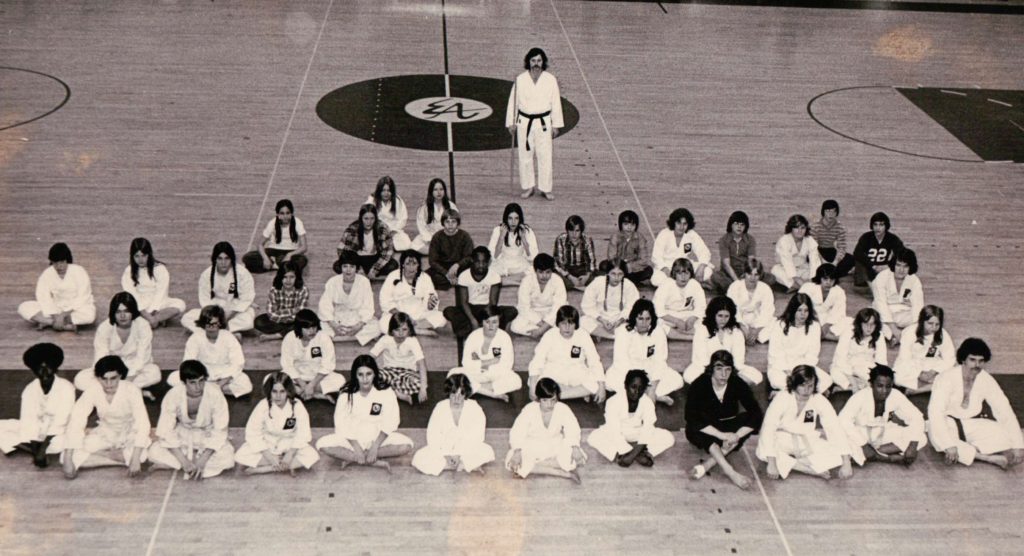

 I am proud to announce that WAKO has officially joined the Olympic Family! As director of WAKO Region 10 for the Untited States of America (which oversees Pennsylvania, Delaware, Maryland, New Jersey, West Virgina, and Washington, DC) we are dedicated to helping train and field athletes for Olympic level competition. We have already seen great success at the
I am proud to announce that WAKO has officially joined the Olympic Family! As director of WAKO Region 10 for the Untited States of America (which oversees Pennsylvania, Delaware, Maryland, New Jersey, West Virgina, and Washington, DC) we are dedicated to helping train and field athletes for Olympic level competition. We have already seen great success at the 